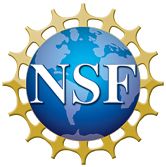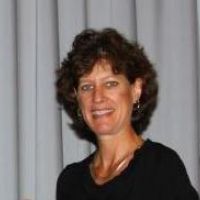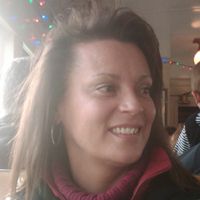Pollak et al., 2015
Making Knowledge from Numbers : The Shale Network as an Honest Broker for Evaluating and Educating about the Impacts of Hydraulic Fracturing in the Marcellus Shale Region
Pollak, Jon, Sue Brantley, Jennifer Williams, Sharon Dykhoff and Liza Ida Brazil (2015)
ED43D-0885 Tools, Resources, and Lessons Learned for Scientists and Engineers Engaging in Education and Public Outreach II Posters, presented at 2015 Fall Meeting, AGU, San Francisco, CA, 14-18 Dec.
-
National, Eel, Luquillo, Shale Hills, INVESTIGATOR, COLLABORATOR
-
Shale Hills, STAFF
Abstract
The Marcellus Shale Network is an NSF-funded project that investigates the impacts of hydraulic fracturing for shale gas development on water resources in and around the state of Pennsylvania. It is a collaborative effort that aims to be an honest broker in the shale gas conversation by involving multiple entities (including universities, government agencies, industry groups, nonprofits, etc.) to collect, analyze, and disseminate data that describe the past and current conditions of water in the Marcellus shale region. A critical component of this project has been to engage multiple types of stakeholders – academia, government agencies, industry, and citizen science groups – in annual workshops to present and discuss how to ensure the integrity of water resources in light of the challenges that natural gas extraction can present. Each workshop has included a hands-on activity that allows participants to access water quality data using the tools provided by the CUAHSI Water Data Center. One of these tools is HydroDesktop, which is an open source GIS application that can be used in formal and informal education settings as a geoscience research tool. In addition to being a GIS, HydroDesktop accesses CUAHSI’s large catalog of water data thus enabling students, professional researchers, and citizen scientists to discover data that can expand the understanding of water quality issues in one’s local environment and beyond. This presentation will highlight the goals of the Shale Network project and the stakeholders involved in addition to how cyberinfrastructure is being used to create a democratic, data-driven conversation about the relationship between energy production from shale gas and our water resources.
Citation
Pollak, Jon, Sue Brantley, Jennifer Williams, Sharon Dykhoff and Liza Ida Brazil (2015): Making Knowledge from Numbers : The Shale Network as an Honest Broker for Evaluating and Educating about the Impacts of Hydraulic Fracturing in the Marcellus Shale Region. ED43D-0885 Tools, Resources, and Lessons Learned for Scientists and Engineers Engaging in Education and Public Outreach II Posters, presented at 2015 Fall Meeting, AGU, San Francisco, CA, 14-18 Dec..
 This Paper/Book acknowledges NSF CZO grant support.
This Paper/Book acknowledges NSF CZO grant support.
Explore Further


